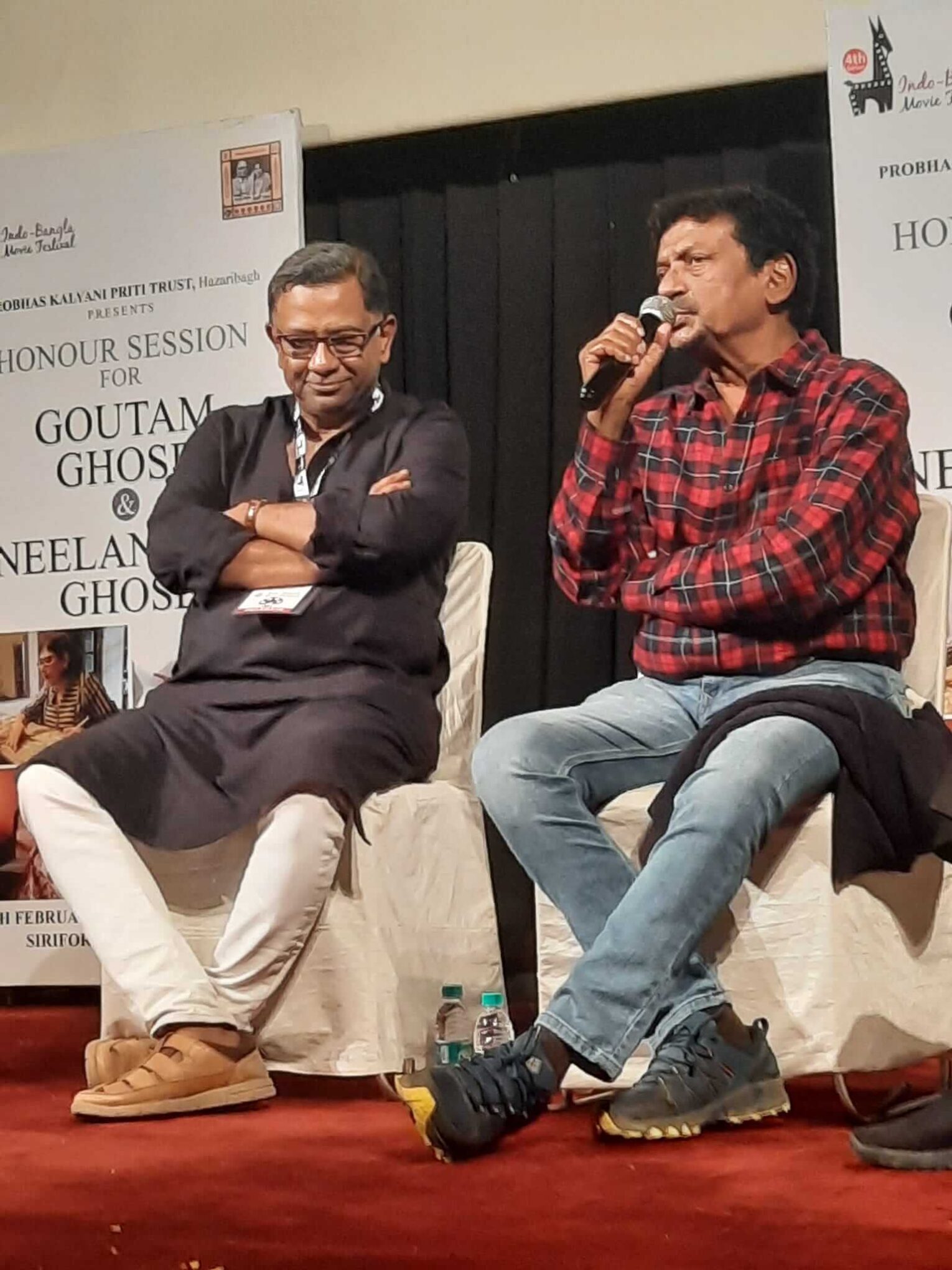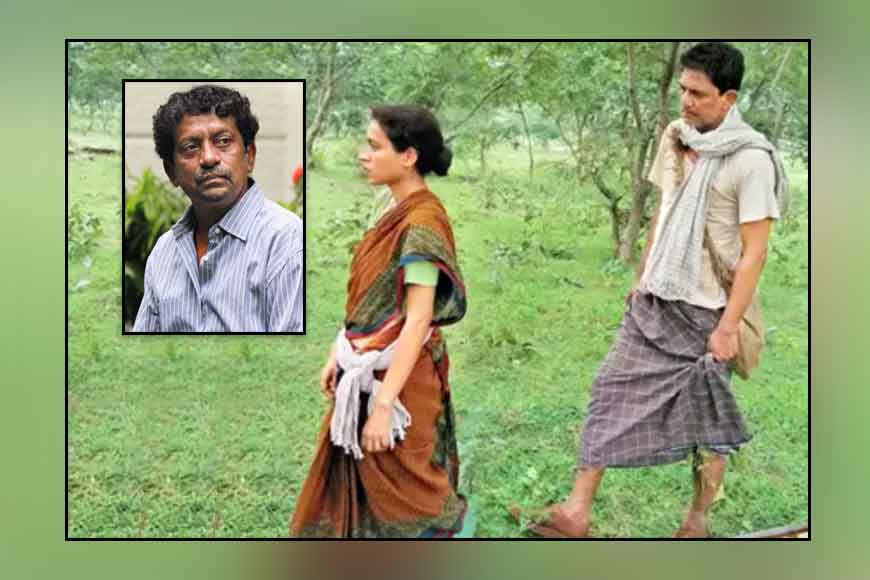Shared culture and history explain the two Bengals’ harmony, fraternity, and peace celebrated during the 4th Indo-Bangla Cine Fest – a report by Ruchira exclusively for Different Truths.

During the first weekend of February this year, while Spring was breaking, movie buffs residing in Delhi NCR were regaled with an exciting array of movies at the 4th Indo-Bangla film festival, which screened the film in diverse languages. Nowadays, language no longer proves a barrier since all movies are duly subtitled. It was refreshing to note how the Capital had a substantial discerning audience for off-beat (read non-commercial) films. The spectacular event was a collaboration between the two neighbouring nations. Several private enterprises sponsored it.
West Bengal in India and Bangladesh have a strong relationship due to their history, culture, and language. Bengali is spoken by nearly 200 million people globally, and both areas revere Rabindranath Tagore and Kazi Nazrul Islam. Economic and political relations enhance friendship and tranquilly. Shared culture and history explain the two Bengals’ brotherhood and peace, showing what can be accomplished when people work together.
The Bangladesh High Commission’s … press minister Shaban Mehmood officially inaugurated the festival …
The Bangladesh High Commission’s (New Delhi) press minister Shaban Mehmood officially inaugurated the festival at the prestigious Siri Fort Auditorium in south Delhi. Speaking on occasion, Mehmood said that events like this envisaged Bengali films reaching the acme of excellence (irrespective of the nations they were produced in) besides further strengthening the bonds of friendship and harmony between the two Bengals. Incidentally, this fest, the fourth in the series, happened after a two-year hiatus due to the pandemic. Nevertheless, the viewers received it with great enthusiasm.

The festival kick-started with Aneek Dutta’s Aparajito, based on the life, trials, tribulations, and ultimate triumph of the legendary director Satyajit Ray. Among other notable ones, Monjul Baruah’s Anur: Eyes on the Sunshine (Assamese) is a sensitively crafted and thoughtfully moulded film depicting a growing loneliness engulfing ageing older people and how they battle their emotions and dreams, their past and future.
Bangladeshi film Hawa is filled with elements of both mystery and drama…
Bangladeshi film Hawa is filled with elements of both mystery and drama, written and directed by Mejbaur Rahman Sumon. Based on a regional fairytale, the film vividly showcases vignettes from the lives of fisher folk, their experiences, adventures, and misadventures against the backdrop of the mighty oceans.
By far, the cine festival was a moment of pride and glory for the veteran filmmaker Goutam Ghose. It was roses, roses for him. His glowing tribute to Ray, his mentor, encapsulated in his film Ray: Life &Work of Satyajit Ray, won thunderous applause. Ghose had yet another reason to be proud. His son Ishaan’s debut film Jhilli (screened here), is creating ripples and has already won accolades. Ghose’s master stroke came to the forefront in his latest Hindi oeuvre Rahgir (screened immediately after Jhilli). While the former vividly depicts the sordid, sub-human existence of labourers in Dhapa, Kolkata’s iconic landfill/garbage dump, the latter portrays the interplay of human emotions. Three wayfarers, total strangers, meet by sheer chance; bonds of camaraderie and sympathy are forged. Albeit short-lived since the trio ultimately go their separate ways.
As a part of the festival, Ghose and his wife Neelanjana (a devoted team member) were felicitated for their significant contributions.

The last movie was Lokkhi Chhele by the ace director Kaushik Ganguly.
The last movie was Lokkhi Chhele by the ace director Kaushik Ganguly. The film lambasts the elements of blind faith, unscientific beliefs and superstitions prevalent in certain sections of society. It revolves around the life of an infant girl born with extra appendages – owing to a congenital anomaly – and how orthodox, superstitious folks exploit her for their gains. Fortunately, she is spotted by a team of spirited, courageous doctors who risk their
own lives to restore her to normalcy and good health.
Alongside the bouquet of films, enlivening interactive sessions with the directors and actors – about nuances of production, screenplay, theme, et al. – widened the viewers’ knowledge and vision about the art of filmmaking.
Photo courtesy Purple Touch Creatives






 By
By

